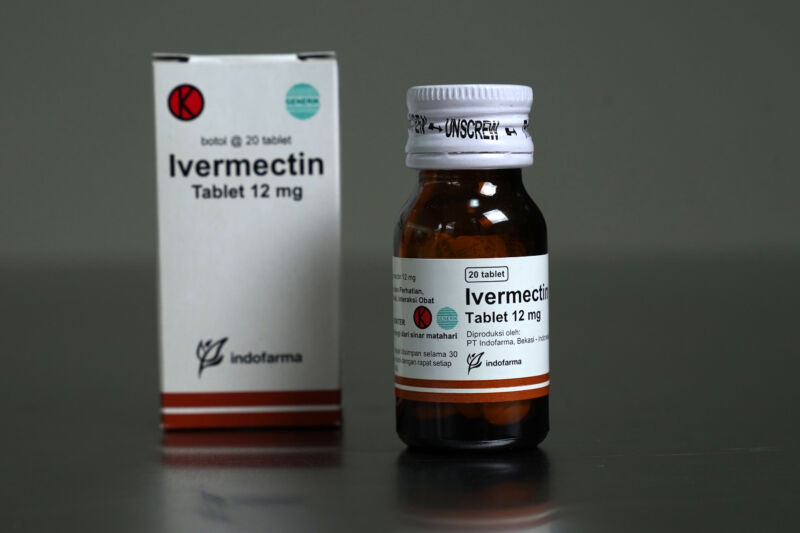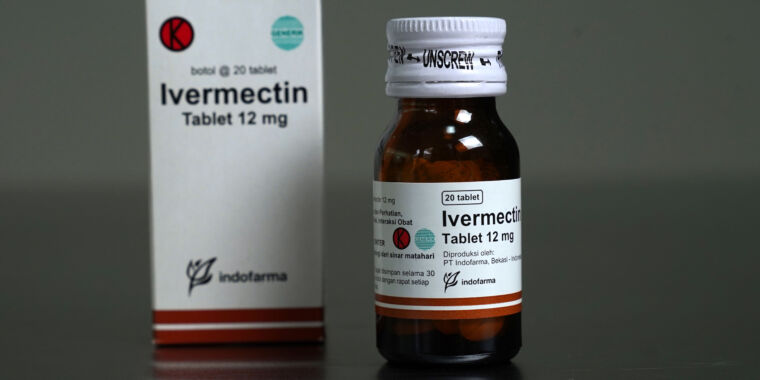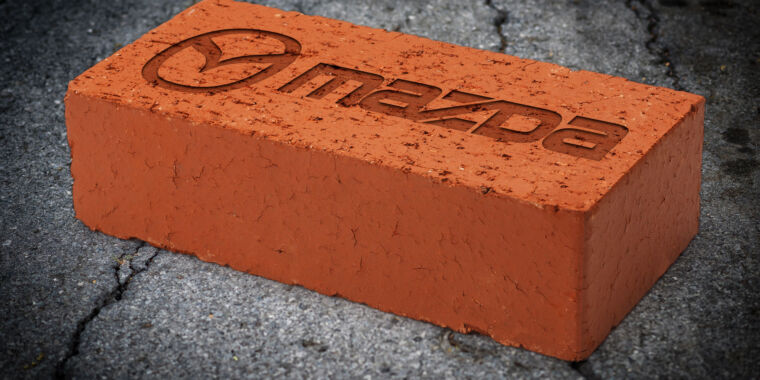
The Kansas medical board is facing attacks from state lawmakers for investigating doctors who have prescribed the antiparasitic drug ivermectin to treat or prevent COVID-19. The drug, which is most often used in animals as a dewormer, is both unproven and unrecommended for use against COVID-19 in people.
Nevertheless, state lawmakers proposed a budget amendment that would strip the state medical board of funds to conduct such investigations. For now, the budget committee has settled on language that the medical board should “proceed with caution” in any such investigations—language intended to have a chilling effect. But the committee has signaled that it could revisit the plan to defund investigations, depending on the fate of a separate Senate bill.
That Senate bill is SB 381, which would specifically authorize doctors to prescribe off-label and unproven COVID-19 treatments—namely hydroxychloroquine sulfate and ivermectin. And it would force pharmacists to dispense the drugs, even if doing so is against their professional judgement. Additionally, the proposed legislation would bar medical and pharmacy boards from investigating doctors and pharmacists for the practice and require the boards to review any prior disciplinary actions that are related.
One of the lawmakers who has promoted SB 381 is Sen. Mark Steffen, a Republican from Hutchinson, Kansas, who is also a doctor—one that is currently under investigation by the medical board for prescribing ivermectin. Steffen has been a vocal proponent of ivermectin as well as a vaccine skeptic.
Steffen’s case is also part of the reasoning lawmakers want to strip the board of funding. Rep. Jesse Burris, a Republican from Mulvane, Kansas, authored the provision to defund ivermectin investigations and cited Steffen’s case, according to reporting by The Topeka Capital-Journal and The Kansas City Star.
Political
Rep. Susan Humphries, a Republican from Wichita and the chair of the budget committee, defended the committee’s move to strip the medical board of funding, calling the board’s medical investigations “political,” the Capital-Journal reported. “If it has become a political issue in this board, do we need a political answer to that,” Humphries said.
Ivermectin as well as the malaria drug hydroxychloroquine have become popular drugs to treat or prevent COVID-19, thanks to the rampant spread of medical misinformation during the pandemic. Dispensing trends for the drugs have surged amid the health crisis—along with calls to poison control centers. But ivermectin and hydroxychloroquine are not approved for use against COVID-19, and current data does not support their use against the pandemic disease. Meanwhile, both drugs carry risks of serious side effects, such as heart-rhythm problems and low blood pressure. For all of these reasons, the US Food and Drug administration has explicitly and repeatedly warned against their use for COVID-19.
Still, some questionable doctors have continued to prescribe the drugs for COVID-19 on an off-label basis, sometimes to patients they haven’t treated before or even met. In general, doctors are free to prescribe drugs off-label. But doctors are still expected to follow standards of care, which don’t include the use of ivermectin and hydroxychloroquine for COVID-19.
In an email to the Star, acting director Susan Gile of the Kansas medical board—which is called the Board of Healing Arts—defended the board’s need to be able to investigate doctors who may not be providing standard care.
“Prescribing FDA approved drugs off-label is not uncommon,” Gile wrote. “However just as with any practice, it is important the Board have legal authority to investigate and take action when necessary to protect Kansans when such practice is beyond what a reasonable physician would have done under the same or similar circumstance (i.e. the standard of care).”
The board licenses doctors in the Sunflower State and is obligated to investigate any complaints that are submitted. Gile reported that 50 investigations had been opened related to COVID-19 treatment, of which 32 remain open. Those cases are among 559 total cases the board currently has open.








